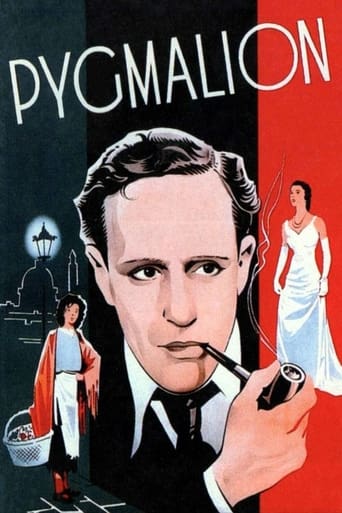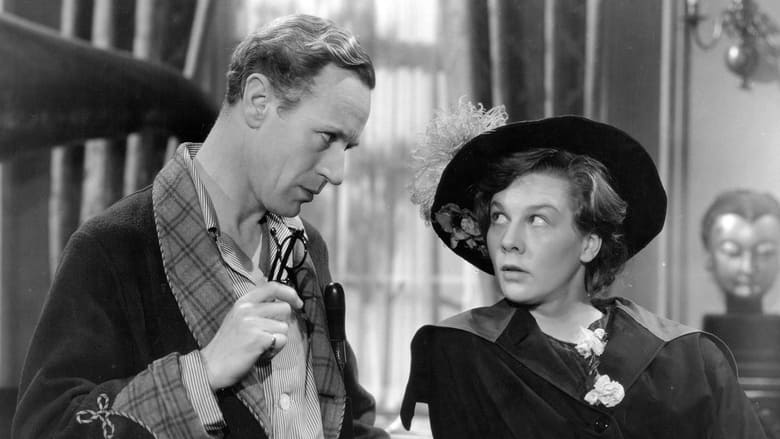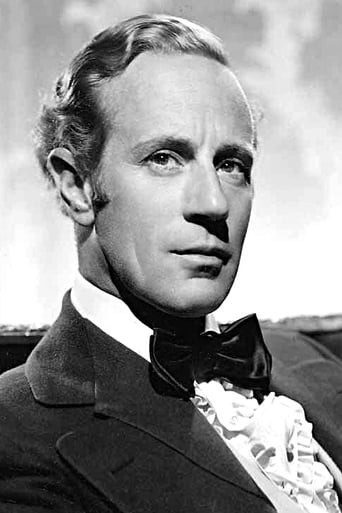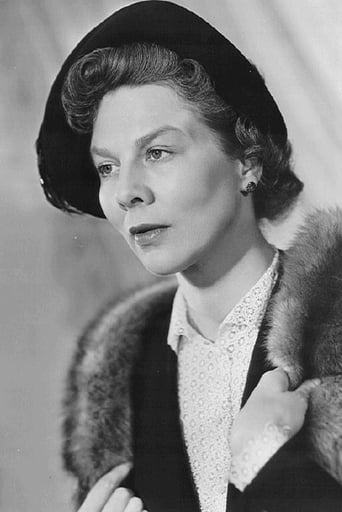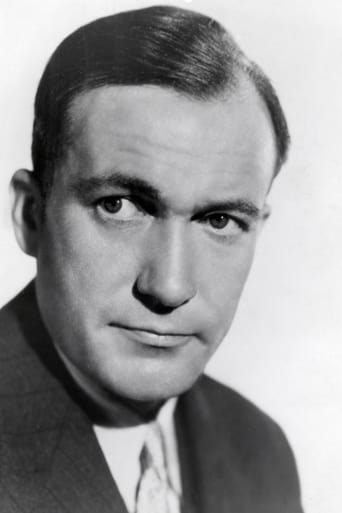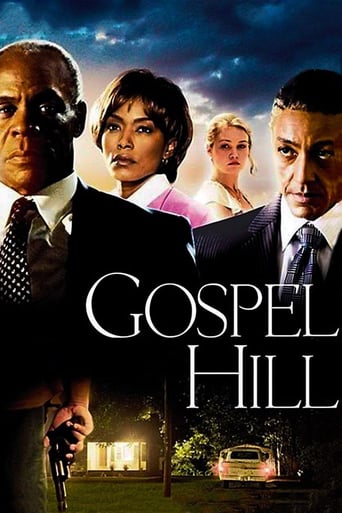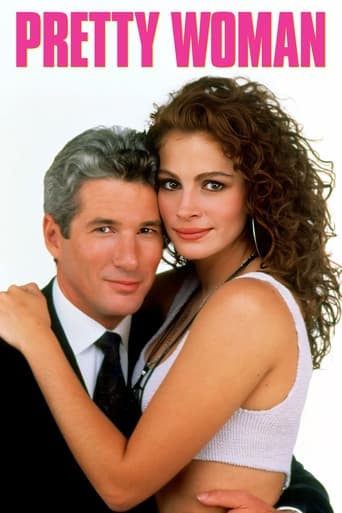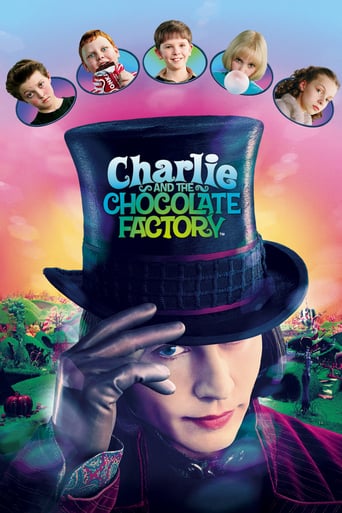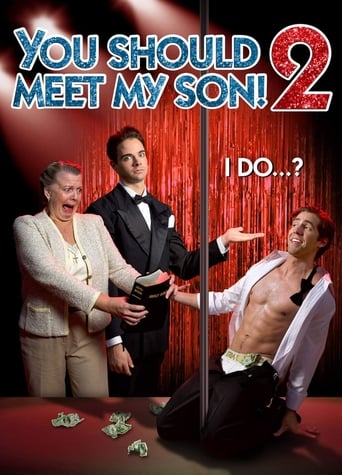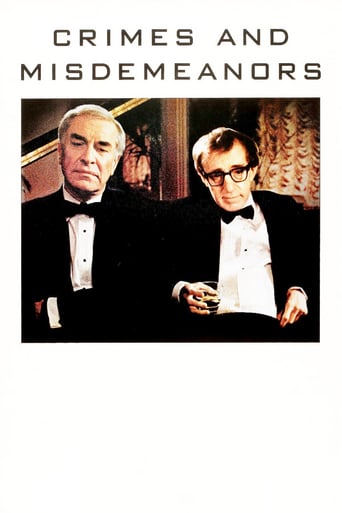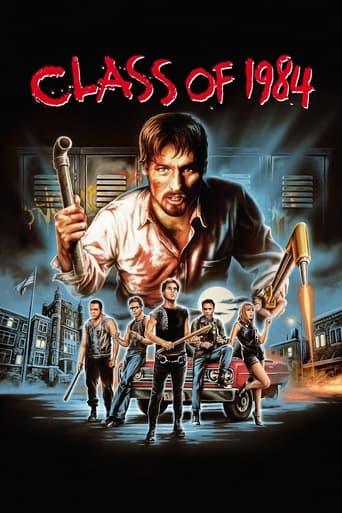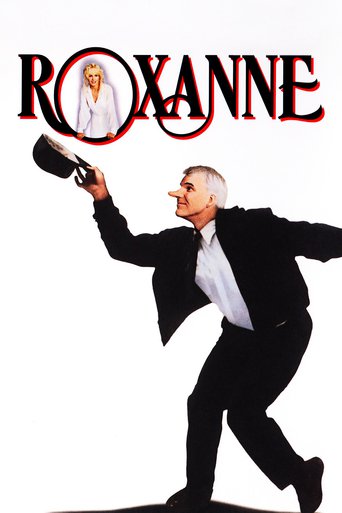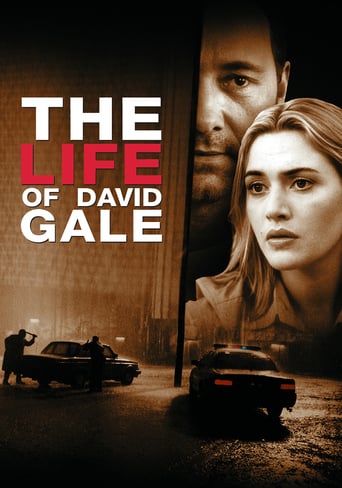Pygmalion (1939)
When linguistics professor Henry Higgins boasts that he can pass off Cockney flower girl Eliza Doolittle as a princess with only six months' training, Colonel George Pickering takes him up on the bet. Eliza moves into Higgins's home and begins her rigorous training after the professor comes to a financial agreement with her dustman father, Alfred. But the plucky young woman is not the only one undergoing a transformation.
Watch Trailer
Free Trial Channels
Cast


Similar titles
Reviews
One of the best films i have seen
Instant Favorite.
I wanted to like it more than I actually did... But much of the humor totally escaped me and I walked out only mildly impressed.
Strong acting helps the film overcome an uncertain premise and create characters that hold our attention absolutely.
Pygmalion is directed by Anthony Asquith and is based on the play by George Bernard Shaw. The film stars Leslie Howard, Wendy Hiller, Scott Sunderland, Jean Cadell, David Tree and Wilfrid Lawson.Snobbish and antisocial phonetics professor Henry Higgins(Leslie Howard), makes a bet that he can turn a cockney flower girl into a duchess, simply by teaching her to speak properly.The lady in question is Eliza Doolittle(Wendy Hiller).Over the course of several months Higgins drives Eliza to a near breakdown as he encourages and bullies her in equal measure to work hard and speak properly.Higgins may teach her to speak nicely but he fails to understand that a lady isn't just considered as such by how she speaks, but by how she is treated. His friend Colonel Pickering(Scott Sunderland)treats Eliza with respect and gentleness from the first moment he meets her. Higgins on the other hand treats her merely as a subject of his experiment and nothing more.When he is satisfied with her progress he takes her to a ball where she will mix with the upper classes and royalty. If the guests believe her to be one of them Higgins will have won his bet.Things are complicated when the dull but sweet Freddy Eynsford-Hill(David Tree)falls in love with Eliza. Eliza makes an interesting observation which is something worth thinking about, now Higgins has made her a lady she is not fit to sell anything accept herself. This is true, the best she can now hope for is to marry a rich man and become a beautiful ornament on his arm at social events. At least when she was poor she could find some sort of employment.Eliza dearly wants to open a flower shop but in the society that she has been elevated into such a thing would have been frowned upon.Over the years some people have longed for a romantic and happy ending between Higgins and Eliza. Shaw himself was against that and was angry when a happy ending was included in the stage play. The films ending is ambiguous because we leave the two characters not knowing what will happen to them next. It can be viewed as happy though.Personally I don't see Higgins and Eliza as a romantic couple. He comes to admire her strength, determination and he does grow fond of her. Eliza is grateful to him for bringing about a change in her life for the better but can never forget that he treated her badly at times. Their personalities are so different that I just can't see them together. I can see them as friends but lovers? No way.The cast are all superb. Leslie Howard is at his best as Higgins, he is totally swept up in his work, it is all consuming to him, he has no time for relationships or social niceties.Howard makes him slightly eccentric, with a razor sharp mind and good observational skills. The look on his face in the final scene says more than any dialogue could, it is a rare glimpse of the feeling Higgins has within but rarely shows externally. From this performance here and his role in Pimpernel Smith, I think he would have been fantastic as Sherlock Holmes, alas that was never to be, but think of how he would have been in that role.Hiller does very well as Eliza although I think she struggles somewhat with the cockney accent, she is much better in the scenes where she is learning to speak properly and in the scenes when she has made the transition from street girl to elegant lady.Wilfrid Lawson steals every scene he's in as Eliza's father and Jean Cadell is good as the tough housekeeper Mrs.Pearce. Scott Sunderland doesn't get much to do as Colonel Pickering but he is good in the scenes he's in. David Tree is good as the young rich man who falls for Eliza because she is different and exciting.
Most people know the story of "Pygmalion" by way of the musical version, "My Fair Lady" or the homage, "Trading Places," without ever having seen the original, which is unfortunate. It's simply one of the best films ever made, and stands up not only to time—it is, after all, nearly 80 years old—but to repeat viewing.On a fresh viewing, what struck me most was the superb script—for which it won an Academy Award—which is hilarious and quite caustic, in no small part due to George Bernard Shaw. Both performances by Leslie Howard and Wendy Hiller are amazing to watch, every bit as good as the best contemporary actors. And Hiller's performance in this is stunning and heartbreaking. I'm certain Anthony Asquith, who also directed "The Browning Version," deserves much credit, and David Lean as editor.Sometimes, I have to caveat older films with "it was really influential" or "It was good for the time." "Pygmalion," however, is timeless. A film anyone can enjoy.
George Bernard Shaw's play "Pygmalion" was written in support of his controversial thesis that class divisions in British society could be overcome by encouraging the use of Received Pronunciation (supported by reformed spelling in a phonetic alphabet) in place of regional and class accents. Today such an idea would doubtless be attacked as snobbish and reactionary, but in 1912 Shaw clearly intended it to be enlightened and progressive. The story concerns Henry Higgins, an upper-class professor of phonology, who accepts a bet that he can teach a Cockney flower-seller to speak like a duchess and pass her off as one at an Embassy reception. The title was taken from a Greek myth about a sculptor who creates a beautiful statue which the gods transform into a real woman; the implication is that Higgins is the sculptor and Eliza his "creation". (I remember misunderstanding the title when I was taken to a performance as a child and found myself wondering why, in a play called "Pig Malion", pigs were never mentioned once).This film, dating from 1938, was the first cinema adaptation of the play. Although it was a financial and critical success in its day, its fame has today largely been overshadowed by that of the 1964 musical version "My Fair Lady". The screenplay was adapted by Shaw himself from his play, although the ending was changed against his wishes, with Eliza returning to Higgins' home in such a manner as to suggest a romantic attachment between them. The original play ended with Eliza marrying her admirer Freddie Eynsford-Hill, a wealthy but vapid and foolish young man, and Shaw strongly resisted any attempts by actors or theatrical producers to change this ending. In "My Fair Lady" it seems at first as if the audience are being prepared for Shaw's original ending; Freddie is made more attractive, both in looks and in personality, and he gets to sing one of the film's big romantic numbers, "On the Street Where You Live". That film, however, also ends with Eliza returning to Higgins.There was a reason why Shaw resisted attempts to turn "Pygmalion" into a romantic comedy. (He seems to have deliberately ignored the fact that in the original myth Pygmalion fell in love with and married his creation Galatea). Besides social class, the play also deals with the theme of feminism, with Eliza seen as a strong, determined "new woman" who learns to stand up for herself after being bullied first by her drunken, womanising old reprobate of a father and then by Higgins, a crashing snob and misogynist. (He regards Eliza as a "guttersnipe" and has no qualms about calling her one to her face). The attraction of Freddie for her is precisely that he is a weak character and therefore unlikely to bully her.This film updates the action from the 1910s to the 1930s (although some of the costumes look a bit old-fashioned for the latter period) and makes a few other changes to the plot of the play, some of which were retained in "My Fair Lady", such as the invention of the Hungarian Professor Karpathy. Shaw, however, kept his controversial line "Not bloody likely!", making Wendy Hiller the first person to utter that particular profanity in a in a British film; rather surprisingly the censors appear to have raised no objection. One thing the makers of this film got right, unlike the American makers of "My Fair Lady, is the pronunciation of the name "Eynsford", originally a Kentish village. (It's "Ainsford", not "Inesford").Hiller was reputedly Shaw's favourite actress and was certainly something of a specialist in Shavian drama at a time when performances of his works on the London stage were more frequent than they are today; her next film, "Major Barbara", was also a Shaw adaptation. It is therefore unsurprising that she makes a fine Eliza, perhaps closer to Shaw's original conception than Audrey Hepburn who always seems more convincing as the society lady of the later scenes than as the Cockney of the earlier ones. Leslie Howard is certainly a better Higgins than Rex Harrison, who was too old and too laid-back; I have never understood why he won the "Best Actor" Oscar, especially as his singing voice was not really up to taking the male lead in a musical.In his lifetime, Shaw was held in very high esteem as one of the greatest British dramatists of all time, at times regarded almost as a twentieth-century Shakespeare. Since his death his reputation has declined somewhat, although a number of his plays, "Pygmalion" among them, still hold a popular place in the repertoire. He was able to create witty dialogue and interesting characters, even when he was writing a didactic piece, which most of his plays are, and this is particularly true of "Pygmalion". Antony Asquith's film is a worthy adaptation of this distinguished play for the cinema. 8/10
PygmalionThis is a movie adaptation of the play by George Bernard Shaw; Shaw rewrote the play for the screen and, in my very humble opinion, messed it up. It still is worth watching, though, for people who enjoy intelligence and wit in their movies.We all know the story: 'Enry 'Iggins (ably played by Leslie Howard) picks a flower girl from the gutter (Eliza Doolittle, played admirably by Wendy Hiller), teaches her manners and an upper class dialect, then shows her off in society where she fools everyone. Wendy Hiller was, again in my humble opinion, the best actress of Shaw's time to play his heroines. She was 27 or 28 at the time this movie was made, and she reminds me of Maggie Gyllenhaal in "The Secretary." Hiller really shines as the flower girl with more than spunk.The problem with the movie is that Shaw changed the ending. He also added a dance scene and a character, but they pass without objection. The ending, however, completely changes the play. Shaw had his views, and he was very definite about them. He attacked society and its hypocrisy at every opportunity, and his attacks were more impressive because of their popularity. Among his plays were "Mrs. Warren's Profession" (she was a prostitute, shocking at the time), "Arms and the Man," "Major Barbara," and "Candida." Shaw was awarded the Nobel Prize for Literature in 1925.In "Pygmalion," Shaw punctured middle class morality and England's class system. One of the funniest scenes in the movie takes place after Higgins has taught Eliza the niceties of pronunciation but not of conversation. He takes her to his mother's home, where she meets and converses with Higgins's mother and her friends. Shaw places her interests and vocabulary in the gutter (so to speak), but gives her the precise pronunciation of the upper class as she talks about her aunt being fed gin to revive her until someone done her in. The dialogue is excellent, and the cast perfectly shows the blank-faced confusion of the upper class as they maintain their mannered aplomb.The movie is mostly a witty social satire; you can ignore the social satire which is dated and just enjoy the wit and sparks flying between Eliza and Henry. If you pay attention to the dialogue, you'll be rewarded. However, when we get to the end, the dialogue becomes didactic and things tended to drag a little for me, although Hiller's interpretation of Eliza's lines makes them ring with pride and independence: "I won't be coaxed round as if I was a baby or a puppy. If I can't have kindness, I'll have independence." I'm very disappointed by the ending, though. SPOILERS---------------In the play, there is a poor but upper class character named Freddy who worships Eliza. After Henry shows Eliza off at a royal party, Henry takes full credit for having produced a clever parrot from a guttersnipe. Eliza is outraged that her hard work and personal effort, to say nothing of her native intelligence, are unnoticed by Henry. They argue, giving Shaw's view of the world, and Eliza leaves Henry for Freddy. This is the ending as it should be, although it gives lie to the title.* For the movie, Eliza leaves with Freddy but returns to Henry and fetches his slippers. I can't believe Shaw wrote this, but there it is in black and white. It gives the movie what I presume audiences saw as a happy ending. (The final shot reminds me of the end of "The Man Who Fell to Earth," by the way.) It's not enough of a travesty to wreck the whole movie for me, but it was a disappointment nonetheless.*The story of Pygmalion is given in Ovid's "Metamorphoses." In that story, Pygmalion is an artist who lives on an island. None of the women there meet his standards of virtue, and he carves a likeness of his perfect woman in ivory. The statue is so beautiful he falls in love with it and prays to Venus for the statue to live. Venus hears his plea and grants it, giving life to Galatea. They marry and live happily ever after.

